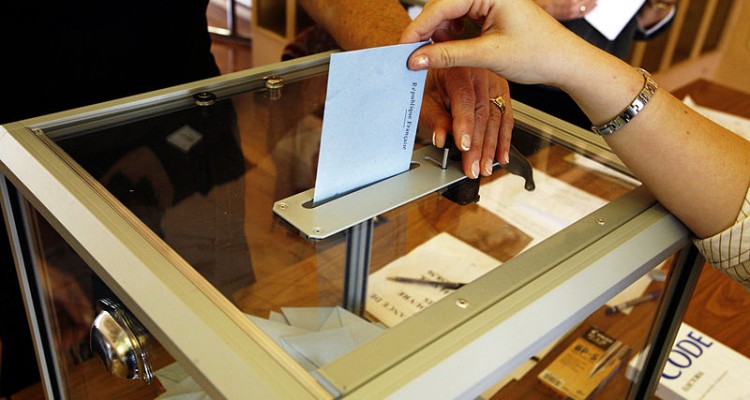The complicated Florida gambling landscape just got a little more interesting with a ruling from the First District Court of Appeals. The court ruled 2-1 that a voter referendum in Gadsden County allowing slots was lawful under the same law that allowed the current gambling agreement with the Seminole Tribe of Florida.
Voters rushed to the polls to give their consent to slot machines soon after Creek Entertainment Gretna opened in December 2011. And they did it quickly to beat the state legislature to the punch, whom they thought would move to take away the option.
Creek Entertainment Gretna opened with parimutuel betting on barrel racing, simulcast betting, and a poker room. The poker room has continued to thrive while their license for parimutuel barrel racing and other ‘mysterious and unspecified races’ was revoked after a May 2013 ruling by Administrative Law Judge John Van Laningham. On Feb. 7, 2014 the First District Court of Appeals affirmed a lower court’s subsequent ruling.
Former lobbyist for Gulfstream Park, Marc Dunbar owns a minority stake in Gretna Racing LLC and has always envisioned Gretna as a full service entertainment center and is quoted in the FloridaTrend online magazine as saying, “We’d be able to build a Wind Creek-type casino on that property.”
The Poarch Band of Creek Indians owns Wind Creek Casino Atmore as well as 60% of the $20-million Gretna development. The same article attributes a goal for Gretna to Poarch affiliate PCI Gaming president and CEO, Jay Dorris of “Within five years build a resort casino with hotels, an equestrian center, quarter-horse racing and 2,000 slot machines — a $200-million-plus development with 800 to 1,000 employees.”
Currently only the Seminole Tribe and tracks in the southern part of the state are allowed to offer slot machines. As proposed laws to allow slots elsewhere in the state came to the forefront this session they were met with resistance.
Voters in other counties have approved referendums similar to Gadsden County’s. Attorney General Pam Bondi and lawyers for existing tracks with slots are looking at the appeals court’s decision. The appellate judges asked in their ruling for the Florida Supreme Court to make the final decision in the case. Dissenting Judge Scott Makar wrote that [the ruling] is, “inconsistent with principles of statutory and constitutional construction, legislative intent, and the history of laws prohibiting slot machines in the state.”


